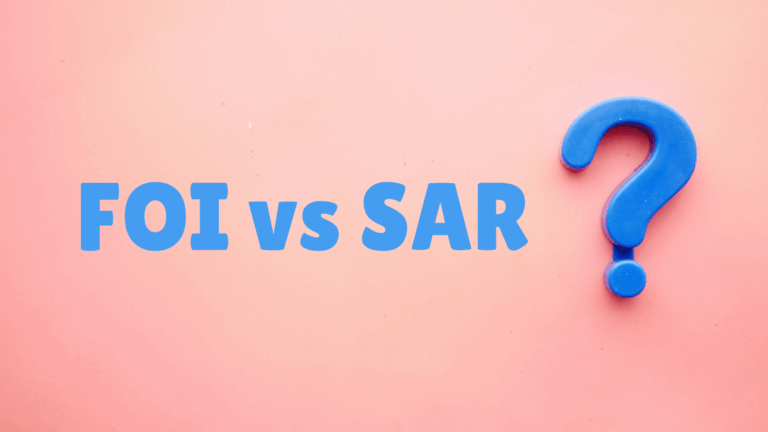Recently our SARs team has gone above and beyond to help one of our clients with a massive backlog of social care files. Not only were they put to the test physically–burning the candle at both ends to get the job done–but emotionally too. Some of the files in question were extremely emotionally distressing to read.
During a recent interview, we were asked by a candidate to discuss the ways in which we support the team, in the event that they spend weeks reading harrowing information. It got us thinking about the promotion of wellness in our workplace: How can we make sure we protect and nurture the physical and mental health of our workforce.
Spend more than a minute on Linkedin and you’ll encounter buzzwords like ‘burnout’, ‘wellness’, even ‘quiet quitting’ everywhere. It seems, we’re exhaustive in our efforts to declare, prevent and solve the reasons for our exhaustion. Still reeling in the aftermath of the pandemic, we’re all battling with previously unprecedented grief, insecurity and stress. The World Health Organisation reported a 25% increase in the prevalence of depression and anxiety globally, in the first year of the Covid-19 pandemic. 90% of countries surveyed have included mental health and psychological support in their COVID-19 response plans. It would seem that a global mental health crisis was Coronavirus’ parting gift.
Work-related stress
We all experience our fair share of work-related stress but for those working in certain sectors–particularly healthcare and social services–the risk of work contributing to declining mental health is more severe. Dave Niven warns social care professionals of the severity of a phenomenon known as vicarious traumatisation;
“This is experienced by professionals who are regularly exposed to other people’s distressing experiences, and by empathising with them, are themselves affected by the trauma.”
Left unchecked, work-related stress and anxiety can develop into persistent issues like:
- Sleep pattern change and disruption
- Waning enthusiasm for your job
- Chronic fatigue
- More accident prone
- Poor relations between colleagues
- More sick days
- Clinical depression
Tackling the issue of mental health
As tempting as it can be to listen to Instagram ads, we need to arm ourselves with more than vitamin supplements, lunchtime yoga and an aesthetic weekly planner to battle the mental health crisis we’re witnessing in our workforce. Dave Niven believes that management should prioritise ‘reflective supervision’, continually assessing the emotional health of their employees.
Mind have developed a toolkit which details a three pronged approach to help managers protect and improve mental health in their workplace.
They prioritise:
- Promoting wellbeing for all staff
- Tackling the causes of work- related mental health problems
- Supporting staff who are experiencing mental health problems.
This comprehensive resource can be found here.
What are we doing?
All of our team are guaranteed:
– Private healthcare, including a wellness package. If they need to talk to someone, they have the ability to call a professional.
– SARs-team-only days in the office. A win-win situation, helping with career development while providing a space and setting for the team to lean on one another and share their experiences.
– Away days/nights with the whole team. Not to mention our enviable Christmas parties
– Flexible working
– Hybrid working
– Min 25 days holiday
– Pub on a Thursday. All rounds on us.
– Office drinks/snacks
– Time in the day to use the Peloton or go for a stroll
Rest assured, plans to celebrate the achievements of our talented team are well underway!





